Market Share
Natural Antimicrobials Market Share Analysis
In the competitive landscape of the Natural Antimicrobials Market, effective market share positioning strategies are crucial for companies aiming to establish a strong foothold and meet the increasing demand for natural alternatives in the food and healthcare industries. Product differentiation stands out as a key strategy in this market. Companies strive to offer unique and specialized natural antimicrobial products, showcasing distinct properties that set them apart. This can include the use of specific plant extracts, essential oils, or bioactive compounds with proven antimicrobial properties. By providing a diverse range of options, companies cater to the specific needs of different industries, such as food preservation or healthcare, and create a competitive advantage that contributes to market share growth. Brand positioning plays a pivotal role in the Natural Antimicrobials Market. As consumers and businesses increasingly prioritize natural and sustainable solutions, companies focus on building strong brand identities centered around transparency, quality, and eco-friendly practices. A positive brand image not only attracts environmentally conscious consumers but also fosters trust among businesses looking for reliable natural antimicrobial suppliers, ultimately influencing market share. Market segmentation is another prominent strategy in this market. Recognizing the diverse applications of natural antimicrobials, companies tailor their products to specific industries or product categories. For instance, a natural antimicrobial solution suitable for extending the shelf life of organic fruits may differ from one designed for use in pharmaceuticals. This targeted approach allows companies to address the unique requirements of different market segments, enhancing their market share within specific niches. Cost leadership can be a significant market share positioning strategy, especially as natural antimicrobials gain popularity. Companies that invest in efficient production processes and sourcing practices can offer cost-effective solutions to consumers and businesses seeking natural alternatives. By providing competitive pricing without compromising quality, these companies appeal to a broader customer base and secure a larger share of the market. Regulatory compliance and certifications are critical factors influencing market share in the Natural Antimicrobials Market. Companies invest in obtaining certifications that validate the safety, efficacy, and natural origin of their antimicrobial products. Compliance with regulatory standards not only ensures market access but also instills confidence in consumers and businesses regarding the quality and reliability of the natural antimicrobials, contributing to market share growth. Strategic collaborations and partnerships are becoming increasingly common in the Natural Antimicrobials Market. Companies often join forces with research institutions, universities, or industry experts to enhance their product development and innovation capabilities. Collaborations may also involve partnerships with food manufacturers, pharmaceutical companies, or retailers to expand distribution channels and increase market reach, ultimately influencing market share positively. Educational marketing and awareness campaigns are integral components of market share positioning strategies in the Natural Antimicrobials Market. Companies use various platforms to communicate the benefits of natural antimicrobials, emphasizing their effectiveness, safety, and sustainability. Educating consumers and businesses about the advantages of choosing natural alternatives over conventional antimicrobials not only creates demand but also positions companies as leaders in the market, driving market share growth.


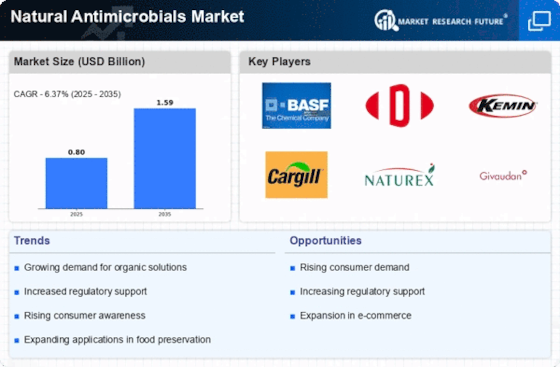

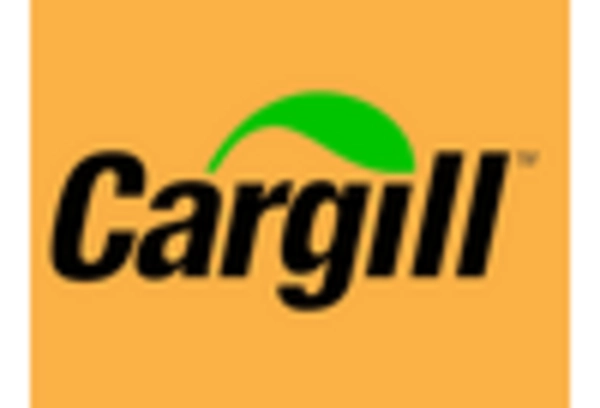

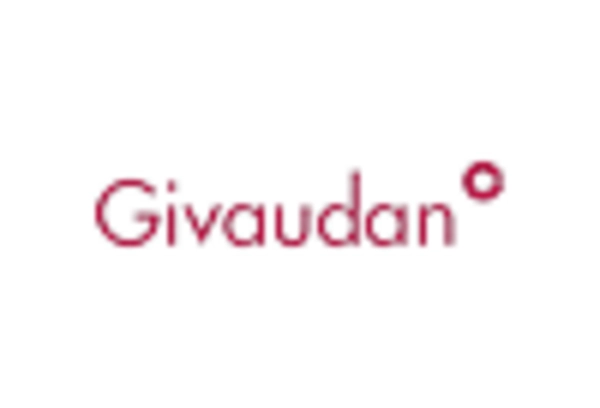
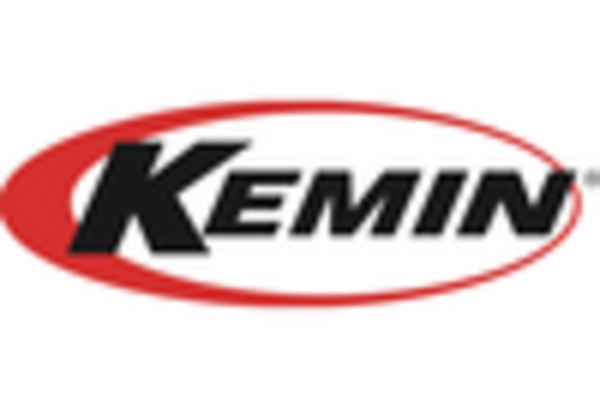
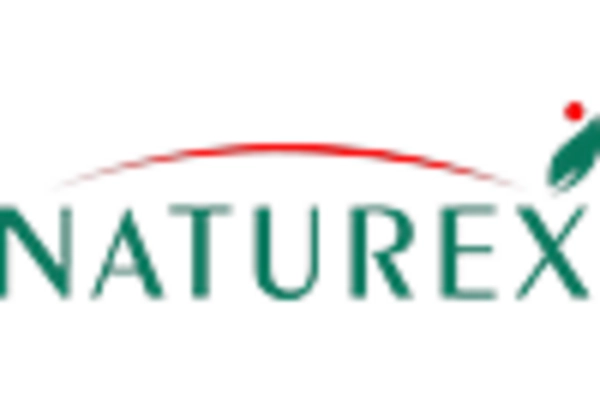










Leave a Comment